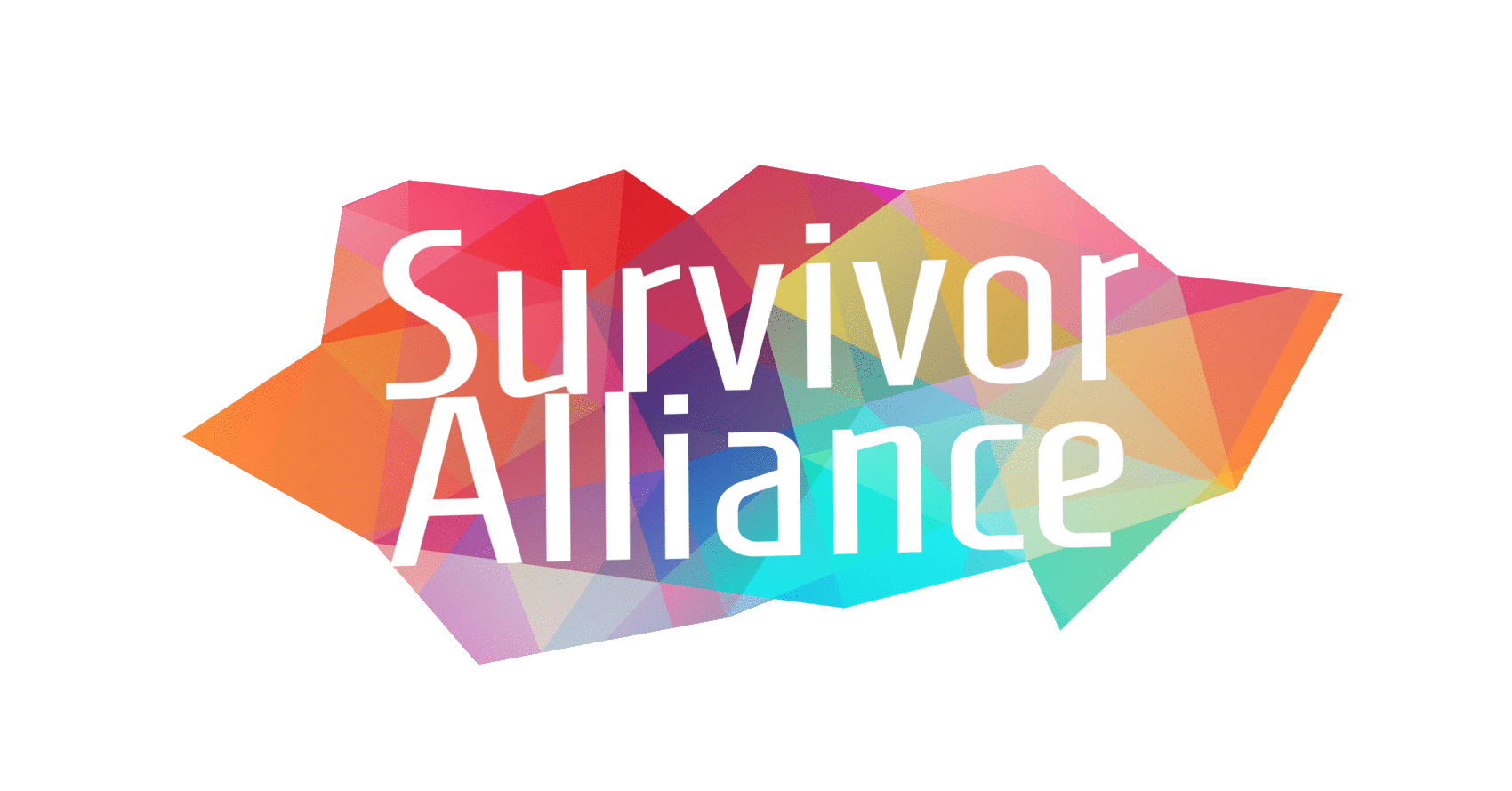“Survivor Alliance helps me feel less alone.””
Our Impact
Survivor Alliance carries a vision of a world where survivors are thriving members of society. In order to thrive, all human beings need communities that provide invaluable support, resources, and social networks. Many survivors leave their exploitation without any connections or community. Integrating into a society were most people have lived in continuous freedom is daunting. Sustainble survivor communities allows survivors to develop community-based solutions to every day challenges, elevate their lived-experience knowledge, and collectively engage in social change efforts.
Survivor Alliance 2020 Annual Report
Survivor Alliance 2019 Annual Report
Survivor Alliance 2018 Annual Report
Survivor Alliance unites survivors.
Survivor communities are protected spaces for survivors to engage as peers and to ensure that their communities serve their own interests. Too often, anti-slavery efforts focus on individual healing and interventions, neglecting the basic human need to be seen and understood by others. In community, survivors can strategise about how to ensure the broader anti-slavery movement and society can include us in more meaningful, rather than tokenistic ways. Our power as a collective is always greater than any one person.
Mural in New York City, NY
membership engagement program
Enrolled and supported members' engagement with the Digital Town Square, an online networking space
Developed and hosted online training and resources for survivor leadership
Launched a "Member Spotlight" to highlight members' achievements
“Survivor Alliance is changing the view of who we are as survivors.”
Over 1000 total members
from 39 countries
Survivor Alliance empowers survivors.
Lived Experience Expert Group in India
Every survivor of slavery or human trafficking deserves to live a self-determined life. Survivor Alliance is committed to our members' self-defined journeys of freedom. Our focus on meaningful survivor inclusion, wellbeing, and economic empowerment allows us to ensure survivors take the lead in their lives after exploitation. A key part of empowerment includes providing opportunities for survivors to participate in anti-slavery efforts on their terms. We create opportunities for survivors to educate professionals in the anti-slavery field, whether directly or anonymously, and support ideas that emerge organically from our members and staff who have lived experience.
meaningful survivor inclusion
Survivor Alliance staff and members ensure that survivor voice is present at multi-stakeholder convenings, conferences, and other programs. Through our in-house social enterprise, we enable the anti-slavery movement to become more survivor-informed. Our inclusion efforts in 2020 included:
Delivering our Nuts and Bolts allies training to 138 people
Survivor Alliance engaged in 20 consulting projects for various organizations, including facilitating focus groups for survivors to provide input into NGO programs, developing survivor leadership curriculum and programming and reviewing awareness raising material
economic empowerment
For most human beings financial security is a key part of freedom. And yet, not enough focus is given to survivors' needs to transition back into the work place into sustainable employment opportunities. Survivors need more opportunities for upskilling and support for transitioning into pre-enslavement occupations or new occupational fields. Survivor Alliance connects our members to consulting opportunities that provide extra income while also ensuring survivor voices are included in the anti-slavery movement. In 2020, we launched an Employment Pathways Program to create jobs opportunities for survivors. This findings of this pilot, created by and for survivors, will help to inform and expand our economic empowerment work.
75 new consulting opportunities created
Over $39,250
income & scholarships provided directly to survivors
wellbeing
Concern for our members' wellbeing is incorporated into the design of every program we run. This includes:
Designating a staff person to provide emotional support as needed
Covering all costs that may be incurred through participation in advance or as quickly as possible soon after the program
Attending to multiple learning styles, levels of education and literacy
Regularly asking members about their desires for anonymity
Checking in via phone or in-person before, during, and after programs
Ensuring that at least two members are participating in all programs, or allowing members to invite a friend/support person
“We are grateful for Survivor Alliance’s work to empower survivors as we believe their leadership is crucial for the movement to succeed.”





